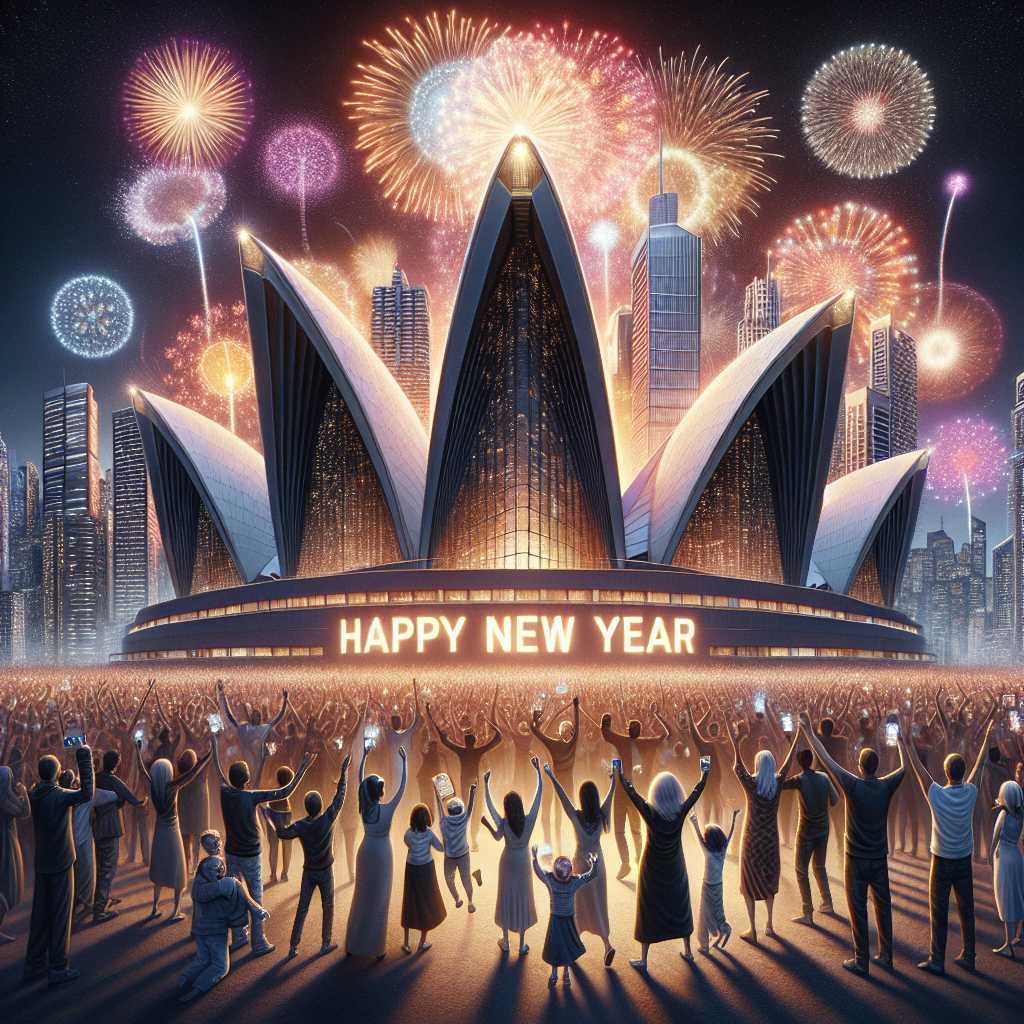The Significance and Celebrations of New Year’s Day
New Year’s Day, celebrated on January 1st, marks the beginning of the new calendar year. This day is often seen as a time for fresh starts, setting resolutions for personal improvement, and reflecting on the year that has passed. Traditions and customs vary widely across different cultures, but many include fireworks displays, festive gatherings, and other forms of celebration.
Cultural Traditions and Customs: A Global Tapestry
History and Significance
In Roman times, January 1st was dedicated to Janus, the god of gateways and beginnings, after whom the month of January is named. With two faces, Janus could look back at the old and forward to the new. This symbolism has survived into modern celebrations where people reflect on the past and set goals for the future.
In many countries around the world, New Year’s Day is a public holiday, giving citizens an opportunity to celebrate and recover from New Year’s Eve festivities.
Modern Celebrations Around the World
Whether it’s watching the ball drop in Times Square in New York City, enjoying a family feast for Oshogatsu in Japan, or observing the traditional bell-ringing in Spain where individuals eat 12 grapes at midnight for good luck in each month of the coming year, there is no shortage of unique and culturally specific ways to ring in the new year.
The Symbolism of New Beginnings
New Year’s Day embodies the idea of renewal. People tend to view it as a natural point to make lifestyle changes, known commonly as “New Year’s resolutions.” These often focus on health, career goals, or personal achievements. Despite varied success in maintaining resolutions, this practice underlines the human desire for self-improvement and optimism towards a ‘new start’.
Food and Feasting as Celebration
Many cultures associate particular foods with New Year’s celebrations. In some Southern states of the U.S., black-eyed peas and collard greens are eaten for good luck and prosperity. In Italy, lentils signify wealth, and in many parts of Asia, fish is a staple at New Year’s meals for prosperity.
Festivities Blended with Technology
With technological advances, it’s become commonplace for people to share their New Year cheers through digital means. Video calls enable separated families and friends to celebrate together. Social media platforms flood with celebratory messages, videos are live-streamed parties, and firework displays reach audiences well beyond their geographic locations.
Important New Year’s Day Events Over History
New Year’s Day in Ancient Rome
The switch to celebrating on January 1st is attributed to Julius Caesar when he established the Julian calendar. Caesar wanted to simplify the calendar and set it more accurately according to the solar year as opposed to the lunar cycle.
Adoption across Cultures
Though increasing globalization has led more countries to standardize January 1st as the beginning of the year, some cultures maintain their own calendars and celebrate their new year according to those. For example, China celebrates its New Year known as Spring Festival in late January or early February according to the lunar calendar. Similarly, Iran celebrates Nowruz, marking Persian New Year’s arrival with spring equinox.
The Development of Global Traditions
As people moved across borders throughout history, they brought their distinctive new year rituals with them. This migration contributed significantly to today’s amalgamated celebration styles.
Reflections on Time Passing and Anticipating Future Events
With every year that passes, people around the globe celebrate milestones – whether they be personal achievements or collective movements that create change. Celebrating these landmarks can symbolize unity as well as personal growth.
Contemplation of Past Achievements
Reflecting on past achievements during New Year’s Day encourages individuals and societies alike to consider what contributions towards progress have been made over the past year.
Setting Goals for a New Chapter
The onset of a new calendric cycle offers an ideal opportunity for planning ahead. Individuals feel encouraged by societal norms to establish new objectives that will guide their actions for the coming year.
Notes
Image Description: A vibrant display of fireworks lights up a dark sky behind famous landmarks such as Sydney Opera House or New York’s Times Square which are crowded with people celebrating beneath a banner that reads ‘Happy New Year’.
OYvdq

